Your brand is what people think it’s like to do business with you. That’s as simple as it gets, and it’s as concise and accurate a definition of “brand” as you’ll find. I wish I’d thought of it, but credit goes to Joe Calloway, author of, “Becoming a Category of One: How Extraordinary Companies Transcend Commodity and Defy Comparison.” I’ve read, written, studied, and thought plenty about brands over the last 30 years and I dare say Calloway nailed it.
Your people.
So, what do your customers think it’s like to do business with your company? Most marketers turn to research of one form or another to answer that question. They roll out customer surveys, study net promoter scores, do a little social listening, and so forth. The oversight here is starting with effect and not cause. What causes customers to experience your brand the way they do? Every answer can be traced back to a common cause: your people.
If you want to improve what customers think it’s like to do business with you, start by improving what your employees think it’s like to work for you.
Whether it’s a restaurant, a retail store, or even a complicated product like an automobile, it’s employees who dictate the customer’s experience. The employee experience is, in turn, driven by the company culture for better or for worse. Culture is about expectations. It’s about the way we feel about what we do, who we do it for, who we do it with, and why we bother to do it at all. Culture, whether designed intentionally or left to default, informs employee behavior.









